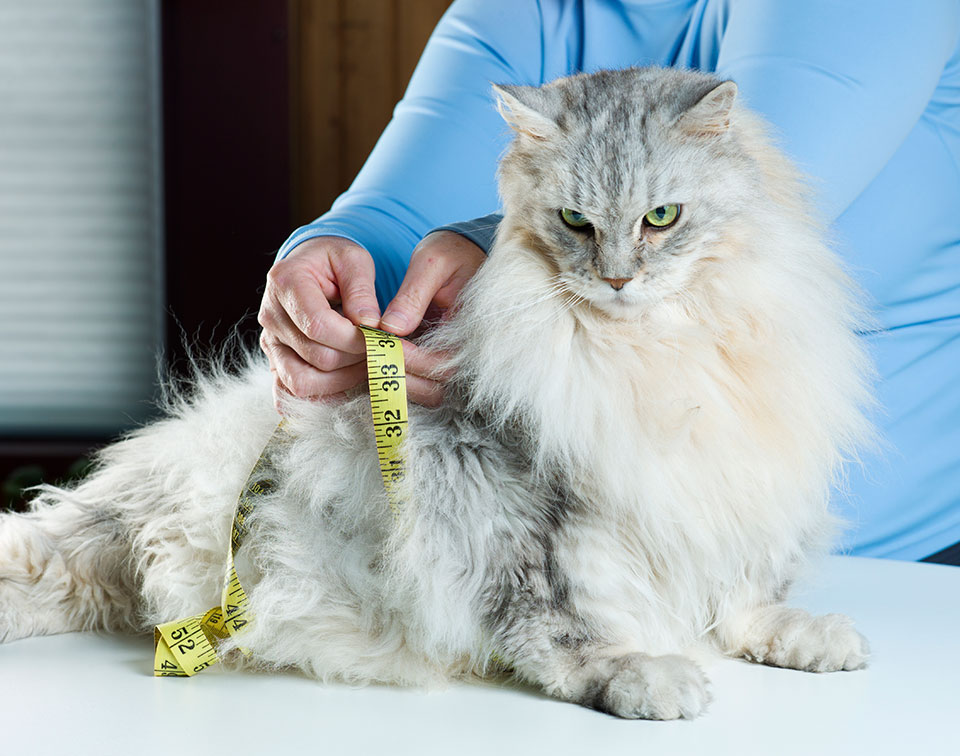
Gastric band surgery has long been touted as life-changing treatment option for people struggling with weight loss. In fact, it’s so successful that in 2014 the NHS outlined plans to offer it to up to 2 million patients in order to tackle the growing strain of obesity on the healthcare budget. The concept is simple – tie a silicone band around your stomach to make it smaller and therefore making you eat less.
However, it’s not a miracle cure. Like any surgery, it has it’s risks, and although the benefits are huge (on average people lose around 60{19761799e1353b7a6a49a5f02d3172230495afcde52b198895f8f3ba7ac759cb} of their excess body weight with a gastric band) there are some things to bear in mind before booking yourself in. MyFaceMyBody spoke to leading weight loss surgeon and founder of Vavista Life, Dr Sally Norton to find out more.
Think twice about going abroad for it
It’s not uncommon to head off to another country for your surgery – there are some top quality facilities that can offer procedures for half the price of the UK. But even with a relatively low risk surgery like a gastric band fitting (Dr Norton says it’s among the lowest risk procedures she performs) there are still thing to think about. “Some people go abroad for surgery and have the band done up really, really tightly, which helps you lose weight very quickly because you can’t eat very well at all,” she explains. “But what happens is the stomach above the band can stretch and that’s when patients can have problems.”
It’s not just how much you eat that’s limited, but what you eat
“Some people can have problems with fibrous foods because they’re less easy to chew down very well”, says Dr Norton. “If you’re a big fruit and veg eater, it can be more difficult with a gastric band unless you cook the veg very well so it’s all a bit mushy, which not necessarily what you want to do.”
Other high fibre foods that might present a problem include bread – “toast might be a bit easier because you can crumble it a bit more”, says Dr Norton – nuts, and cereals. Plus rare meat, which can be difficult to chew.
Remember, it’s not a magic wand
“The surgery is not going to do the work for you; you have to be prepared to make the changes yourself”, says Dr Norton. “Use the surgery as a tool to help you. I always tell people, I don’t want the band to be acting as a barrier to you eating, I wanting it to be acting in your head. I want it to remind you to eat more slowly and chew your food really well, rather than causing an actual physical restriction to eating. I think it should help them psychologically rather than block them eating. But the people who thinks it’s going to be a magic wand, I tell them not to bother, it’s not going to work.”

Share this page: